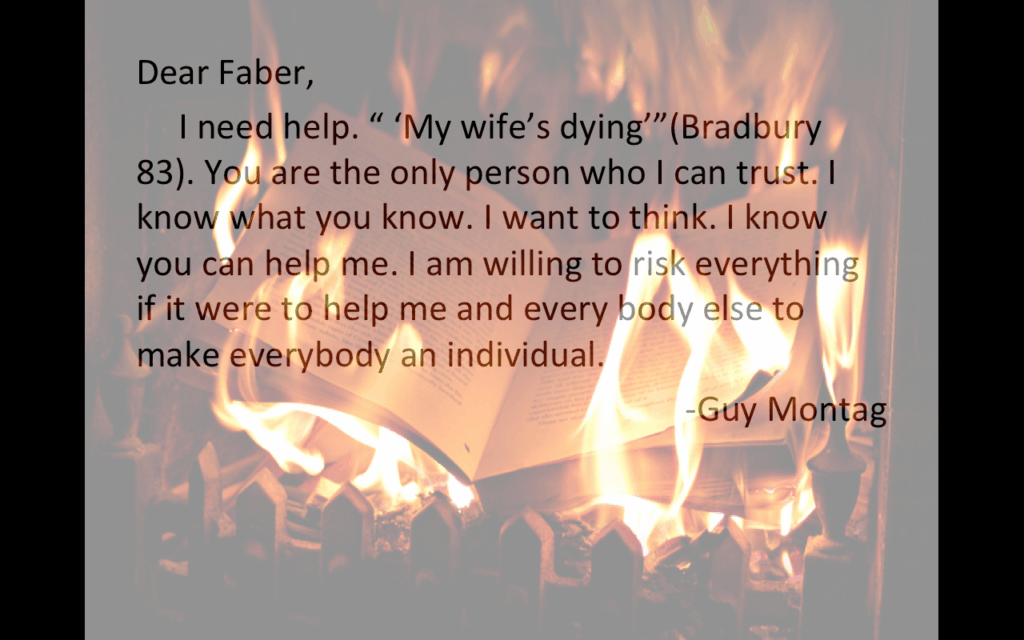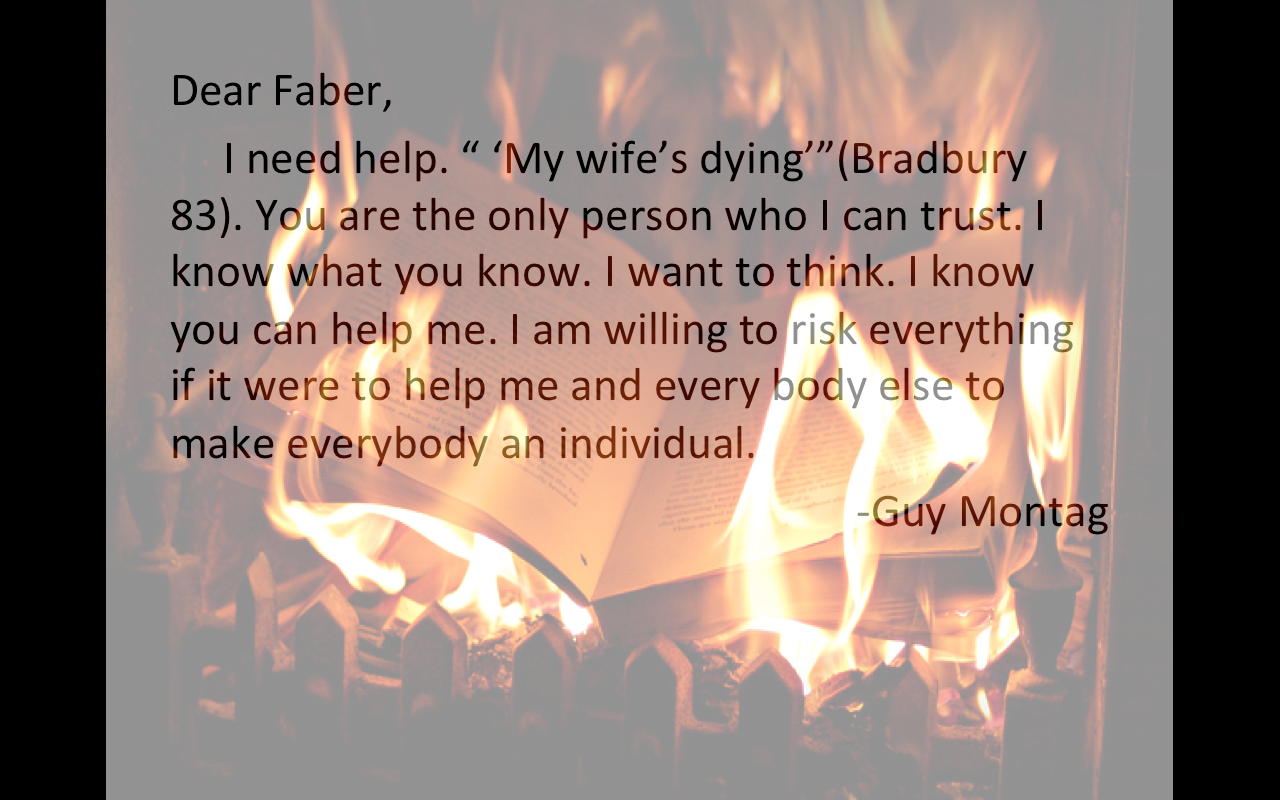
Fahrenheit 451: Quotes on Censorship and Their Enduring Relevance
Ray Bradbury’s dystopian masterpiece, Fahrenheit 451, published in 1953, remains eerily prescient in the 21st century. Its exploration of censorship, the suppression of knowledge, and the dangers of conformity continues to resonate with readers worldwide. The novel, a cautionary tale set in a future America where books are outlawed and firemen burn any they find, offers a chilling examination of a society that has traded intellectual freedom for perceived happiness. This article delves into some of the most impactful Fahrenheit 451 quotes about censorship, pinpointing their page numbers and analyzing their ongoing relevance in our increasingly complex world.
The power of Fahrenheit 451 lies not only in its compelling narrative but also in the profound wisdom embedded within its prose. Bradbury masterfully uses his characters and their interactions to expose the insidious nature of censorship and the importance of critical thinking. The Fahrenheit 451 quotes about censorship serve as a constant reminder of the fragility of intellectual freedom and the importance of defending it.
The Fireman’s Duty: A Symbol of Suppression
The very premise of the novel, the existence of firemen whose primary duty is to burn books, is a powerful metaphor for censorship. This role is not just about destroying physical objects; it’s about extinguishing ideas and controlling the flow of information. The following Fahrenheit 451 quotes about censorship directly address this core theme:
“It was a pleasure to burn.” (Page 1)
This opening line immediately establishes the fireman, Guy Montag’s, initial acceptance of his role. The word “pleasure” is particularly chilling, highlighting the normalized and even enjoyable nature of book burning in this society. This quote underscores the dangerous potential of a society where individuals are conditioned to embrace the suppression of knowledge.
“We must all be alike. Not everyone born free and equal, as the Constitution says, but everyone made equal. Each man the image of every other; then all are happy, for there are no mountains to make them cower, to judge themselves against.” (Page 56)
Captain Beatty, the fire chief, delivers this chilling explanation of the societal forces that led to the banning of books. This Fahrenheit 451 quote about censorship highlights the drive for conformity, the fear of difference, and the misguided belief that eliminating intellectual disparity will lead to happiness. The emphasis on sameness and the suppression of critical thought are central to the novel’s critique of censorship.
The Erosion of Knowledge: The Loss of Individuality
Bradbury also explores the consequences of censorship, namely the loss of individual thought, critical analysis, and the ability to engage with complexity. The characters in Fahrenheit 451 are not just deprived of books; they are deprived of the ability to think for themselves. Here are some significant Fahrenheit 451 quotes about censorship that reflect this:
“Books were only warehouses of words. And words were for the mind, not for the body.” (Page 81)
This quote, spoken by Montag, reveals his growing understanding of the importance of books. It suggests that the true value of books is not just in their physical form, but in their ability to stimulate the mind and foster intellectual growth. This quote underscores the idea that the suppression of books is a suppression of thought. The Fahrenheit 451 quotes about censorship are also about the suppression of experiences.
“The things you’re looking for, Montag, are in the world, but the only way the average chap will ever see them is by reading a book.” (Page 81)
This quote highlights the essential role of books in expanding one’s understanding of the world. Through reading, individuals can access diverse perspectives, learn from the past, and develop their own opinions. The Fahrenheit 451 quotes about censorship emphasize the importance of knowledge.
“We need not be burdened with free thought.” (Page 105)
Beatty’s statement encapsulates the core philosophy of the oppressive regime. It demonstrates the government’s desire to control the population by eliminating the potential for dissent and independent thought. The Fahrenheit 451 quotes about censorship are a warning.
The Role of Technology in Control
Fahrenheit 451 also foreshadows the dangers of technology when used to manipulate and control the populace. The “parlor walls,” large television screens that dominate the characters’ lives, represent a form of passive censorship, distracting people from critical thinking and social awareness. Here are a few Fahrenheit 451 quotes about censorship that connect to this theme:
“They run us so ragged, the machines, we get tired, and then we get the blues. And then we get the other things.” (Page 16)
Mildred, Montag’s wife, is addicted to the parlor walls. This quote illustrates how technology can be used to numb the population and make them more susceptible to manipulation. The constant barrage of information, devoid of substance, serves to distract from genuine human connection and critical thought. The Fahrenheit 451 quotes about censorship are a warning about technology.
“I’m afraid of children. They’re anti-social, and they’re always on the run.” (Page 27)
This quote, spoken by a character concerned about the state of society, reflects the novel’s underlying theme of social decay and the loss of human connection. The emphasis on superficiality and distraction, fueled by technological advancements, contributes to the erosion of genuine human relationships and critical thinking. The Fahrenheit 451 quotes about censorship show the results.
The Importance of Resistance and Preservation
Despite its bleak outlook, Fahrenheit 451 offers a glimmer of hope through the actions of its characters who resist censorship. The novel underscores the importance of preserving knowledge and fighting for intellectual freedom. Here are some Fahrenheit 451 quotes about censorship that highlight the importance of these themes:
“You can’t make people listen. They have to come round in their own time, wondering what happened and why the world blew up.” (Page 157)
This quote, spoken by Granger, a member of the book-memorizing group, emphasizes the importance of patience and perseverance in the face of censorship. It suggests that while direct confrontation may not always be effective, the preservation of knowledge and the sharing of ideas can ultimately lead to societal change.
“We are all bits and pieces of history and the future.” (Page 158)
Granger’s words highlight the interconnectedness of past, present, and future. By preserving knowledge, individuals are not only remembering the past but also shaping the future. This underscores the significance of resisting censorship to ensure that future generations have access to a full and complete understanding of the human experience. The Fahrenheit 451 quotes about censorship are a call to action.
Relevance Today
The themes explored in Fahrenheit 451 remain remarkably relevant in the 21st century. In an age of social media, misinformation, and echo chambers, the dangers of censorship and the importance of critical thinking are more apparent than ever. The rise of fake news and the spread of biased information online demonstrate the ease with which knowledge can be distorted and manipulated. The Fahrenheit 451 quotes about censorship serve as a powerful reminder of the need to protect intellectual freedom and to approach information with a critical eye.
The novel’s warnings about the suppression of dissenting voices and the dangers of conformity are particularly pertinent in today’s world. The ease with which information can be censored or controlled through technological means, and the increasing pressure to conform to societal norms, make the message of Fahrenheit 451 all the more urgent. Bradbury’s work is a call to action, urging readers to question authority, seek out diverse perspectives, and defend the right to read, think, and express themselves freely.
The enduring power of Fahrenheit 451 lies in its ability to provoke thought and inspire action. The Fahrenheit 451 quotes about censorship are not just historical artifacts; they are vital tools for understanding and navigating the complexities of the modern world. By confronting the themes of censorship, conformity, and the suppression of knowledge, the novel encourages readers to become active participants in the preservation of intellectual freedom. The Fahrenheit 451 quotes about censorship teach us.
In conclusion, Fahrenheit 451 remains a cornerstone of dystopian literature. Its exploration of censorship, its chilling portrayal of a society that has sacrificed critical thought for comfort, and its enduring message of resistance make it a must-read for anyone concerned about the future of intellectual freedom. The Fahrenheit 451 quotes about censorship, with their profound insights and unsettling relevance, continue to challenge and inspire readers worldwide, reminding us of the importance of defending the right to read, think, and question.
[See also: The Dangers of Book Burning Throughout History]
[See also: The Impact of Censorship on Artistic Expression]
[See also: How to Cultivate Critical Thinking Skills]


